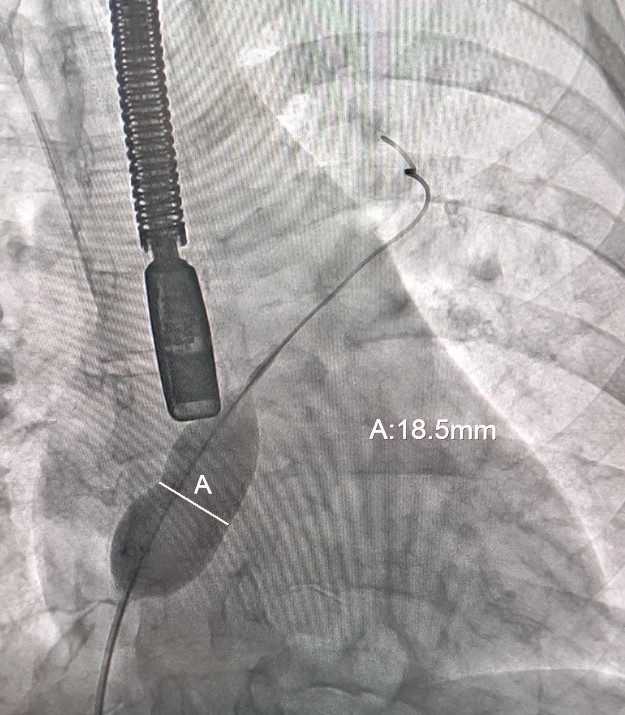Atrial septal defect (ASD), trans-catheter closure – case report
DOI:
https://doi.org/10.48026/issn.26373297.2024.1.15.6Keywords:
ASD, ocluder, atrialsseptaldefect, invasivcardiology, TEEAbstract
Atrial septal defect (ASD) is one of the most common types of congenital heart defects, occurring in about 25% of children. An atrial septal defect occurs when there is a failure to close the communication between the right and left atria. It encompasses defects involving both the true septal membrane and other defects that allow for communication between both atria. There are five types of atrial septal defects ranging from most frequent to least: patent foramen ovale, ostium secundum defect, ostium primum defect, sinus venosus defect, and coronary sinus defect. Small atrial septal defects usually spontaneously close in childhood. Large defects that do not close spontaneously may require percutaneous or surgical intervention to prevent further complications such as stroke, dysrhythmias, and pulmonary hypertension. This activity describes the evaluation, diagnosis, and management of atrial septal defect and highlights the role of team-based interprofessional care for affected patients. Atrial septal defects are frequently asymptomatic. The characteristic murmur is a soft, systolic ejection murmur over the pulmonic area (second intercostal space) combined with a wide, fixed splitting of S2. Many ASDs go undiagnosed until adulthood; therefore, treatment, especially of large defects, is often delayed. Untreated large defects can cause exercise intolerance, cardiac dysrhythmias, palpitations, increased incidence of pneumonia, pulmonary hypertension and increased mortality.

Downloads
Published
How to Cite
Issue
Section
License
Copyright (c) 2024 Haris Porobić

This work is licensed under a Creative Commons Attribution 4.0 International License.
Copyright & licensing:
This journal provides immediate open access to its content under the Creative Commons CC BY 4.0 license. Authors who publish with this journal retain all copyrights and agree to the terms of the above-mentioned CC license.



